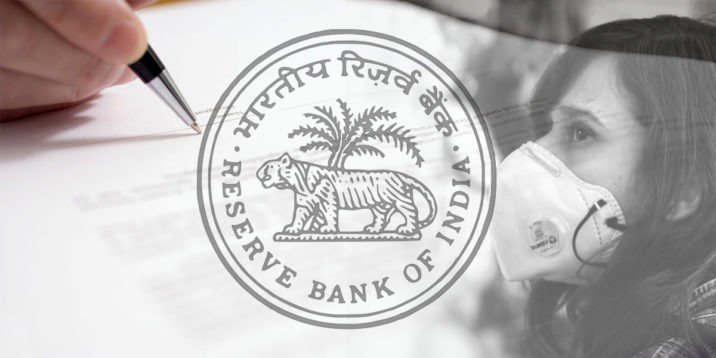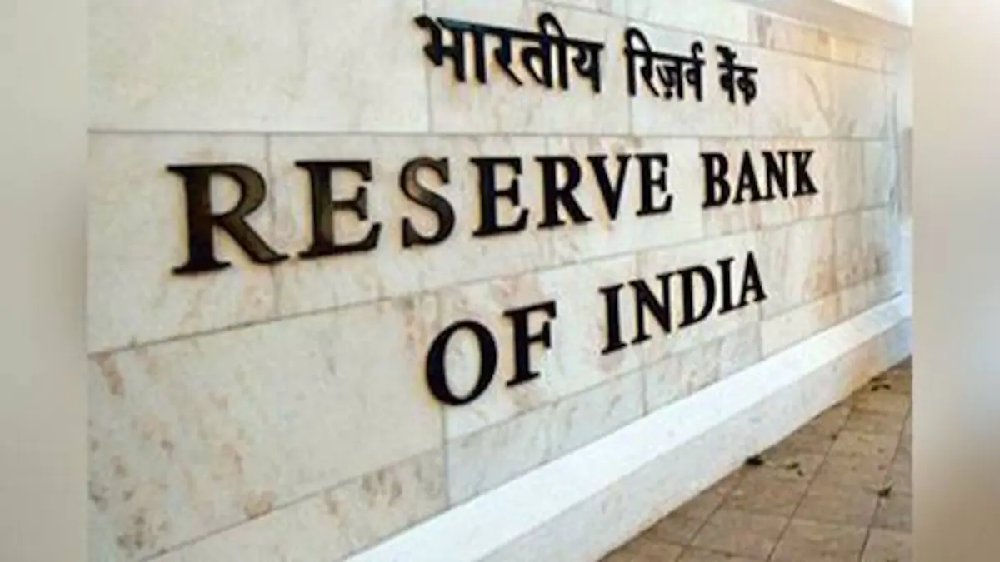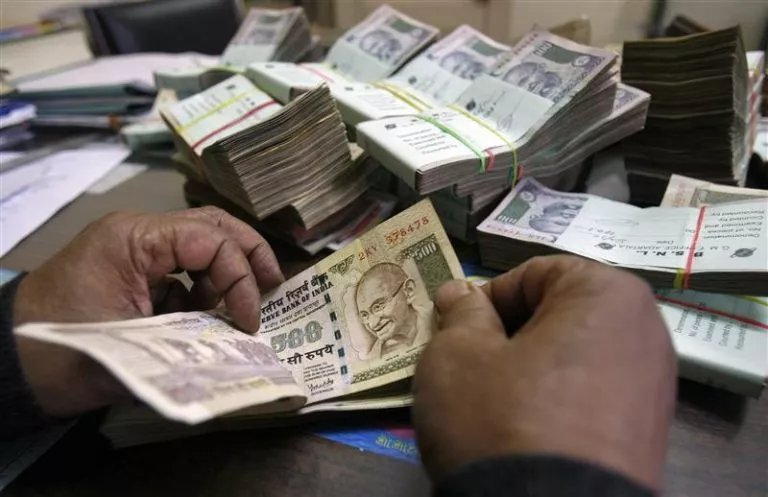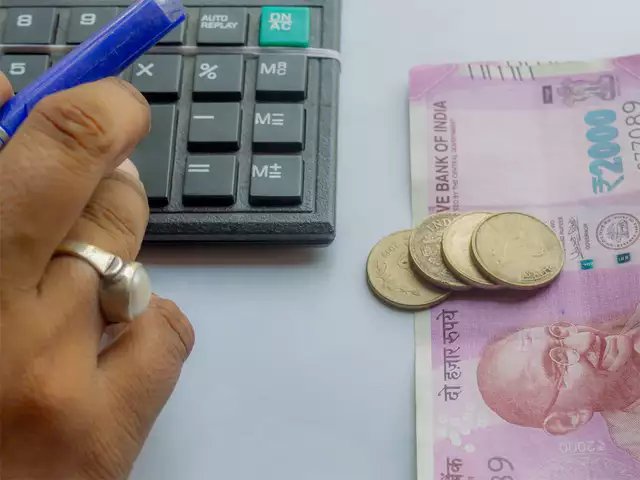Amidst the pandemic and 21 day lockdown, the Reserve Bank of India last week, announced a 3 month EMI moratorium. While the RBI gave people a sigh of relief, what’s still unknown is that the moratorium is not mandatory. It gave the option to banks to take a call on whether they are in a position to extend the measure for customers or not.

While state-run banks have gone for an “opt-out” option, where the repayments automatically get deferred unless a customer informs of her willingness to pay, most private banks have decided to go for the “opt-in,” where the onus is on the customer to inform the bank of their choice to go for the breather.

What we don’t know is the word play here, I mean, it’s not waiver but a moratorium. Moratorium means that you will not have to pay your installments between March 1, 2020 and May 31, 2020 and no penal interest will be charged. It is simply a deferment of the payment to provide some relief to borrowers facing liquidity issues.
The RBI had also clarified that moratorium will mean that the repayment for such loans be shifted by three months. Interest shall continue to accrue on the outstanding portion of the term loans during the moratorium period.

Here’s the reason why we shouldn’t opt for a moratorium. The RBI in a statement said that Individuals should continue paying their credit card, EMI, retail loan instalments if they are not financially strained due to the ongoing Covid-19 lockdown.
For instance, if you avoid paying the monthly instalments on dues, then your interest will be calculated on a higher amount every month. For high-ticket loans like home or vehicle loans, not paying the monthly dues for the next three months could significantly increase the amount of interest you pay.

So, if you’re deferring payment of an EMI of, say ₹1,000, and the bank is charging interest at the rate 10 per cent on outstanding, you will end up paying ₹25 extra on each of the three EMIs that has not been paid during the moratorium.
This additional interest may either be added up to all your future EMIs or your loan tenure could get extended at the same EMI level. It is still not clear if people will have to pay this additional interest in one go or will be allowed to get it adjusted as additional EMI.

The borrower may be given three options by the lender: 1. One-time payment in June of the interest that accrues in April and May. 2. Add the interest to the outstanding loan and increase EMI for remaining months. 3. Keep the EMI unchanged but extend the loan tenure.
While the moratorium period might not have an impact on your credit history or any person who has a salaried job, there are many people who don’t have a regular cash flow. Some of the salaried people might face pay cuts or delayed payments or layoffs due to the lockdown. Therefore the moratorium will benefit if you are facing liquidity as you can pay your bank or financial institution after 31 May.

The irony is that the longer the remaining tenure of your loan, the bigger will be the impact. That’s because the interest accounts for a larger portion of the EMI in the early years and progressively comes down.
So, people with older loans taken 10-15 years ago will not feel the burden as much as someone with a new loan taken 2-3 years ago. Ironically, people with older loans may not really need the moratorium as much as those with younger loans.

















